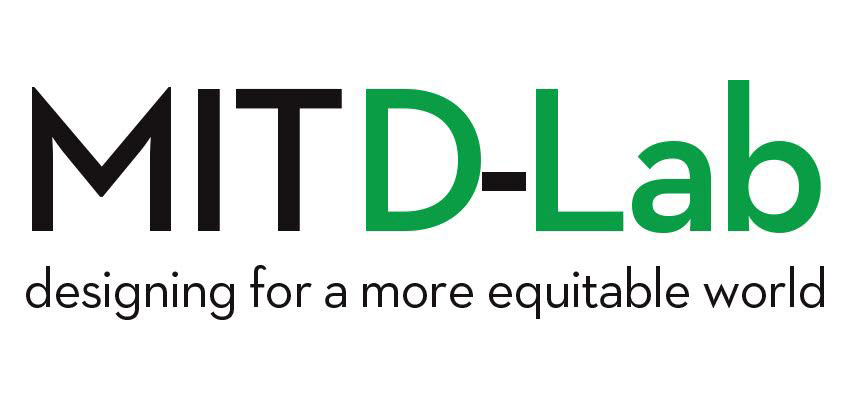
How can we get a product to the right person, at the right place, and at the right time at minimum cost? What if this person has a low income and/or no credit? How about if you also want to generate a positive social impact to the manufacturers and distributors of these products?
D-Lab: Supply Chains, offered for its 2nd year in Spring 2013, addresses these questions. Students will learn the fundamentals of Supply Chain Management and engage in a real-world project related to supply chains in emerging markets. This course is designed for students of all fields who are interested in starting their own business, working on a project related to an emerging market, or being a consultant in this area.
Last semester, projects ranged from optimizing the production process of agricultural waste charcoal, to supply chain contracts for Essmart (http://www.essmart-global.com/), a supply-chain start-up. Many of the projects developed in D-Lab: Supply Chains were proposed by students, and were related to research projects they were involved in or start-ups they co-founded. Projects also serve as an interface for students interested in getting involved in D-Lab.
Drawing from the MBA and LGO (Leaders for Global Operations) operations classes at MIT Sloan, students will develop the foundations needed to enter in the field of Operations Management. We will use a diverse set of pedagogical tools and, besides the project, students will also play games, discuss case studies and even watch movies. The tools that students will learn are applicable in many different contexts.
For more information, please contact Prof. Stephen Graves (sgraves@mit.edu) or Andre Calmon (acalmon@mit.edu).
Units: 2-2-5
Lecture: MW2-3.30
Course Description:
Introduces concepts of supply chain design and operations with a focus on supply chains for products destined to improve quality of life in developing countries. Topics include demand estimation, process analysis, inventory management, and supply chain contracts and coordination. Also covers issues specific to emerging markets, such as sustainable supply chains, how to couple product design with supply chain design and operation, and how to account for the value-adding role of a supply chain. Students conduct projects on supply chain design or improvement.

